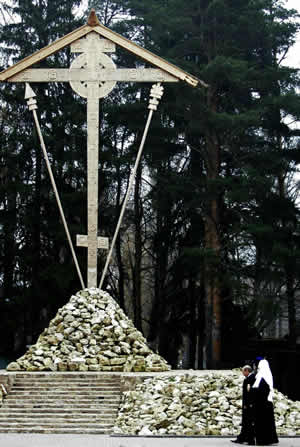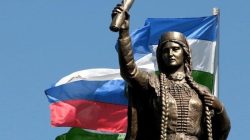
Nalchik/Agency Caucasus – Historical records of political intimidation as well as execution of hundreds of Kabard-Balkar intellectuals during the period of Soviet administration have begun to appear.
A new book has recently appeared in Kabardino-Balkaria under the title of ‘Security Units and Society from 1920 to
Kazakov’s book cites events in the 1930s when the intelligentsia of Kabardino-Balkaria had begun to feel the oppression of the then administration, which later led to numerous political executions. For instance, a Kabard-Balkar Communist Party document that dates back to 7 December 1937 contains details about how the editors of journalists were expelled from the Republic.
Also, a 30 June 1937 document reports that 1000 people from Kabardino-Balkaria alone were put under political pressure, with 300 of them listed for execution and eight to 10 others listed for imprisonment.
Kavkazki Uzel was critical of Kazakov’s book because his book did not have anything to say about Betal Kalmik, the then President of Kabardino-Balkaria, who is believed to have had a role to play in exiles as well as political coercion at that time. Besides, the book seems to have ignored the tragic case of the entire Balkar people who had been exiled to both Central Asia and Siberia. KU/ÖZ/FT








